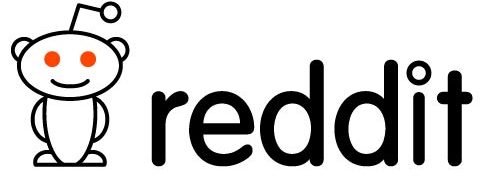Can mobile technology improve mental health?
18 Aug, 14 | by BMJ
Mental health, specifically depression, is in the spotlight due to the untimely death of Robin Williams last week. It has sparked much discussion of how mental healthcare could be improved to reduce the likelihood of such tragedies. One area that has the potential to make significant and cost-effective contributions to mental healthcare is technology.
 There are already individual cases of technology being put to good use for this specific purpose. Research from Oxford University has shown that text messaging and voice calls can be used to assess mental health status, provide talking therapies such as cognitive behavioural therapy and encourage behavioural change. More advanced devices such as smartphones and tablets deliver similar functionality but in more user-friendly ways. Kindly, for example, is a mobile app that promises to connect users with “a mobile network of compassionate and helpful listeners,” all of whom are anonymous. Users can share or receive short conversation prompts in categories like “addiction/recovery,” “marriage/divorce,” “work/business” and “creativity/inspiration.” The app then makes use of an algorithm to try and match the person who put out the prompt with another who may be a good listener.
There are already individual cases of technology being put to good use for this specific purpose. Research from Oxford University has shown that text messaging and voice calls can be used to assess mental health status, provide talking therapies such as cognitive behavioural therapy and encourage behavioural change. More advanced devices such as smartphones and tablets deliver similar functionality but in more user-friendly ways. Kindly, for example, is a mobile app that promises to connect users with “a mobile network of compassionate and helpful listeners,” all of whom are anonymous. Users can share or receive short conversation prompts in categories like “addiction/recovery,” “marriage/divorce,” “work/business” and “creativity/inspiration.” The app then makes use of an algorithm to try and match the person who put out the prompt with another who may be a good listener.
The app is still in its early days so it should come as little surprise that it has a relatively small community. To help bolster the number and quality of “listeners” in the app, a number of psychology students have been recruited from the University of Southern California, Vassar College and New York University.
Kindly is certainly not the first or only service trying to provide a space for people who need to talk things out anonymously. 7 Cups of Tea connects users with anonymous “active listeners” online and social networks like Whisper aims to let users share secrets online and engage in private messaging. Whisper has even launched YourVoice, which includes videos from those who have overcome difficulties, and resources for anxiety, bullying, stress, sexual abuse and more. Those who want to share their experiences can submit their own videos for consideration.
Another advantage of multimedia apps is that they can draw on a wide range of sensors and capabilities to produce richer data and more intelligent interventions – e.g. accelerometers, GPS and camera. The Mobilyze! system developed in Chicago uses 38 smartphone sensor values alongside user input to predict psychological status and deliver tailored therapeutic interventions for unipolar depression.
What next?
Mobile mental health already has the capacity to transform the way mental illness is evaluated, monitored and treated, especially in poorer countries where mental health workforces barely exist. It is believed that smartphones will soon be able to deduce our emotional status from our social interactions and tone of voice, while wearable sensors will collect data on a range of factors relevant to mental health, including sleep quality, cardiovascular status and galvanic skin response. Fragmented monitoring and highly-personalised ‘smart’ treatments seem to be the future of mental healthcare; a future made possible by mobile technology.


